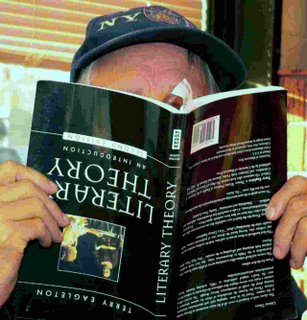(continued) DISGRACE, J. M. Coetzee
Coetzee's novel IS redeeming itself. I'm on p 147. Since it deals with a 50-some man and his daughter (South Africa, not Québec, but still it connects with me), the attempt by the father to communicate with his daughter rings true and deep.
(I regret that I originally used the wrong title on this post. I called it "Despair". There is despair, maybe more than disgrace, in Coetzee's book. One of his novel's messages is that we will all leave this world, that our world, whether it declares its dispair or disgrace faced with new realities, is faced with finding some sort of grace to face its own demise. -- this parenthesis entered after finishing "Disgrace" - blogaulair)
All novelists must move their plot along. It seems that there are no 'devices' to do this other than to cut corners. Great lit cannot be conveyed by a review or a plot summary.
Events, in a novel that gets into conscious reflection inside the head of a character, are but scaffolding. Perhaps whodunits work when written by 'masters of plot'. Yet how many authors who connect with you and whose writing is a pleasure can be described as masters of plot. Seems to me as a reader that I can (Must?) cut the author some slack in one or the other department and with "Despair" I will let Coetzee use a popular device of slamming the scenario down bang, like that, so he can get into the meat of a character's in extremis attempts to get on with his aging life and relationship with people who remain central to his or her life no matter how messed up it becomes . . .
I recommend "Disgrace" for fathers and daughters past the infancy stage of family realities.



No comments:
Post a Comment